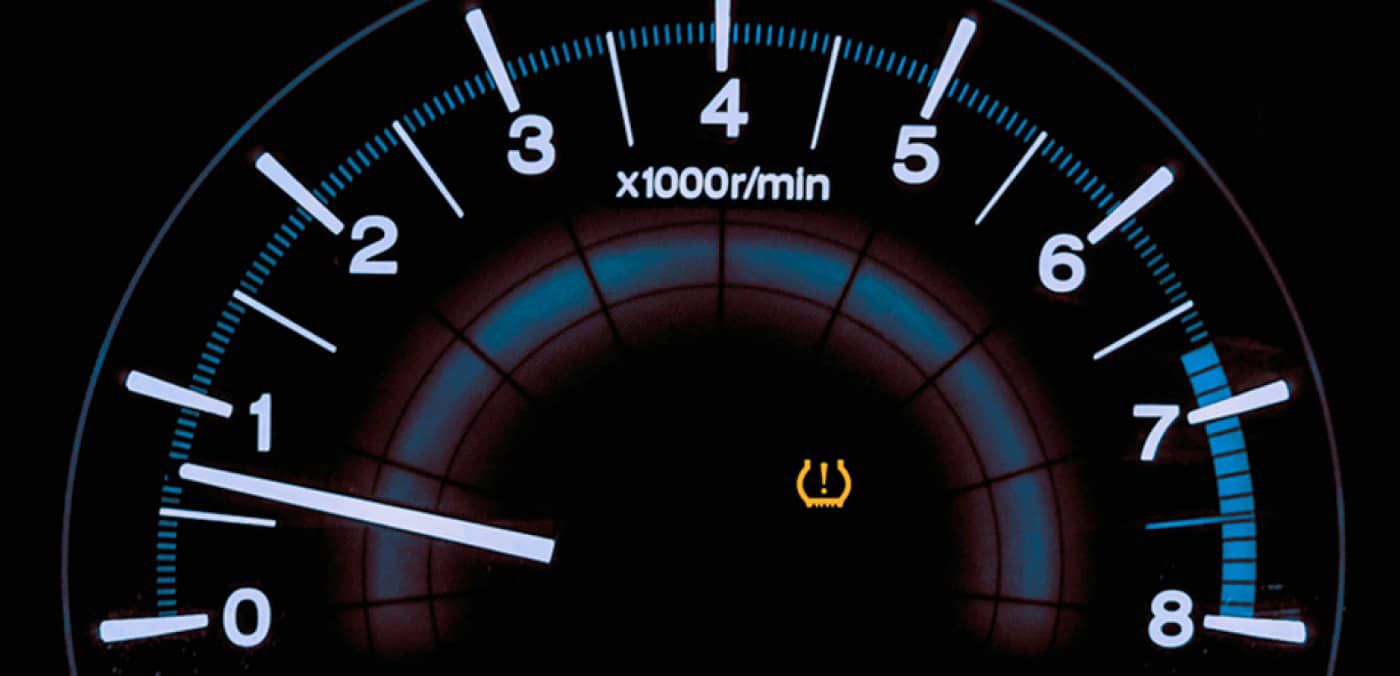TPMS LIGHT ON? WHAT IT MEANS & WHAT YOU NEED TO DO
The purpose of the TPMS (Tire Pressure Monitoring System) is to alert you when tire pressure is too low and could create unsafe driving conditions. If the light is illuminated, it means your tires could be underinflated, which can lead to undue tire wear and possible tire failure. It's important to understand the importance of proper tire inflation, and how TPMS can help you avoid a dangerous situation.
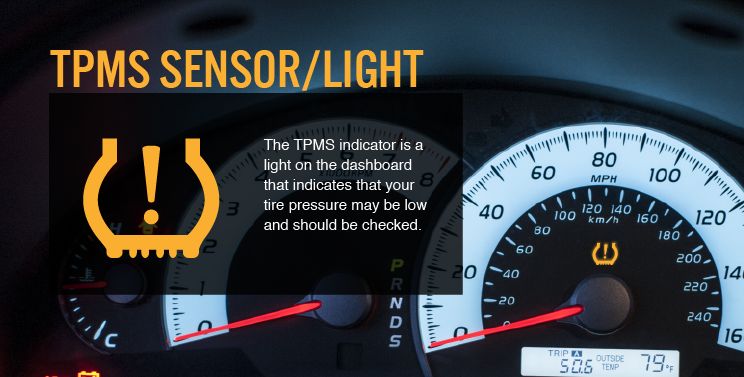
Both overinflation and underinflation can cause premature treadwear and possible tire failure. Overinflation can result in decreased traction, premature wear, and the inability to absorb road impact. Overinflated tires will show premature wear in the center of the tread. On the other hand, underinflation will cause sluggish tire response, decreased fuel economy, excessive heat buildup, and tire overload. An underinflated tire will show premature wear on both sides of the tread edges or “shoulders”.
If you’re learning about tire pressure sensors for the first time, finding the TPMS indicator on your dashboard is simple. It’s a horseshoe-shaped light with an exclamation point in the center.
OUR BEST TIRES
- All Season
- Truck
- Winter
- Summer
- Run Flat
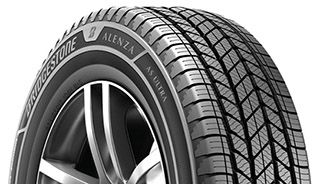
Alenza AS ULTRA
For those looking for a luxury tire experience
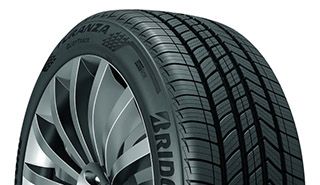
Turanza QuietTrack
80,000 miles of quiet, comfort and control*
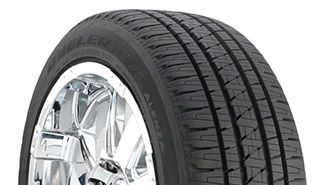
Dueler H/L Alenza Plus
Keep your life on a roll
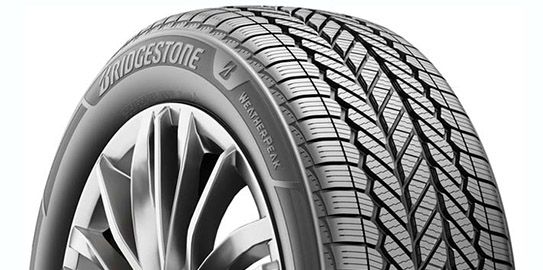
WeatherPeak
Confident all-weather protection
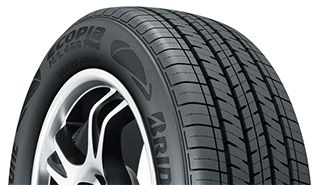
Ecopia H/L 422 PLUS
All-season tires that won't stop until they get you there
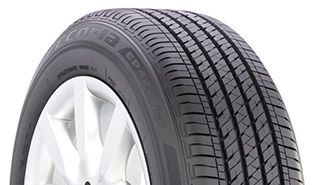
Ecopia EP422 Plus
Drive more and fill up your tank less*
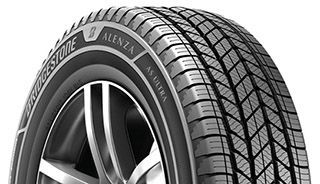
Alenza A/S 02
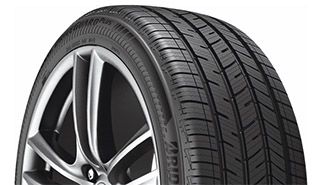
DriveGuard PLUS
Extended mobility PLUS improved performance through the elements
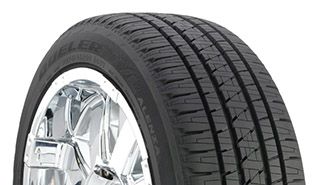
Dueler H/L ALENZA
Built for your truck, SUV, or CUV
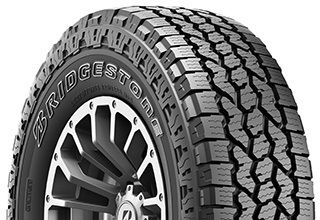
Dueler A/T ASCENT
Reaching new heights in luxury comfort and all-terrain prowess.
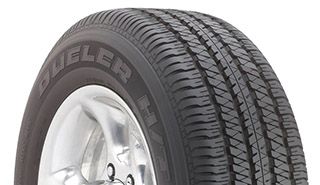
Dueler H/T 684 II
Tires that take you on a thrill ride
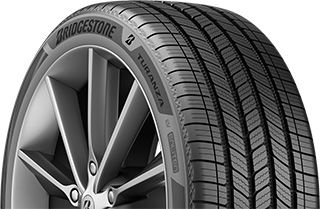
Turanza EV
Tire performance tailor-made for your electric vehicle
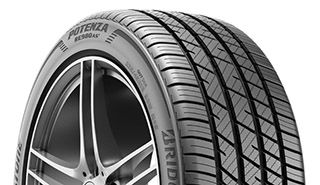
Potenza RE980AS PLUS
High performance driving all year long
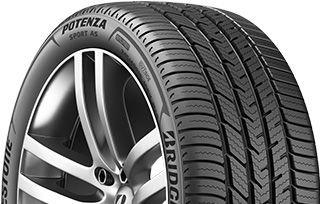
Potenza SPORT AS
High-performance exhilaration that doesn't wait on the forecast.
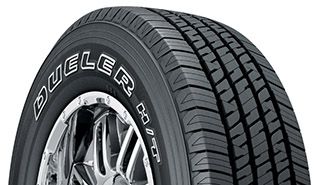
Dueler H/T 685
Ready for heavy-duty hauls
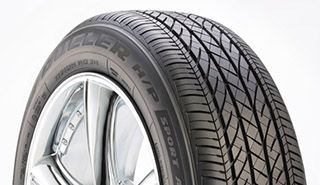
Dueler H/P SPORT AS
Handle it all in your high performance CUV or SUV
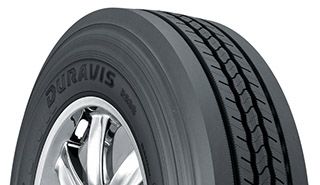
Duravis R238
Ready for the long haul
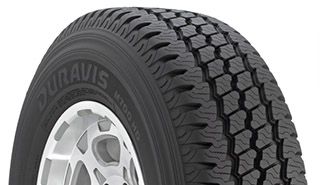
Duravis M700 HD
Built to keep you and your workload going
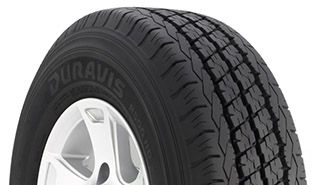
Duravis R500 HD
Built for the demands of commercial highway driving

Alenza AS ULTRA
For those looking for a luxury tire experience

Dueler H/L Alenza Plus
Keep your life on a roll

Dueler H/L ALENZA
Built for your truck, SUV, or CUV

Dueler H/T 684 II
Tires that take you on a thrill ride
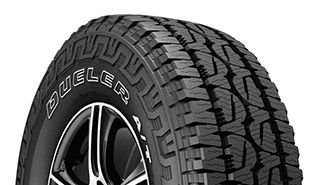
Dueler A/T REVO 3
Take on the intensity of on and off road driving

Dueler H/T 685
Ready for heavy-duty hauls

Dueler H/P SPORT AS
Handle it all in your high performance CUV or SUV
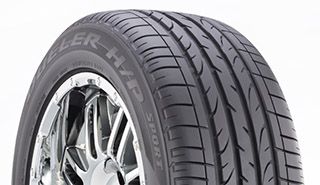
Dueler H/P SPORT
Next level summer performance for your Sport Truck or SUV

Duravis R238
Ready for the long haul

Duravis M700 HD
Built to keep you and your workload going

Duravis R500 HD
Built for the demands of commercial highway driving
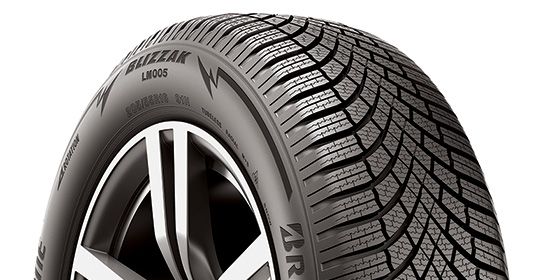
Blizzak LM005
Impressive grip and control
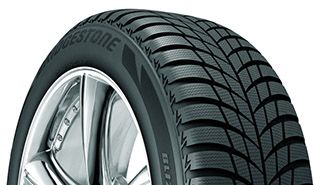
Blizzak LM001
For winters worst
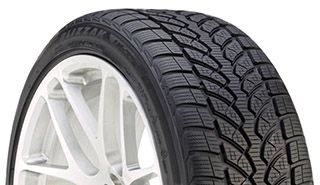
Blizzak LM-32
Luxury takes on winter
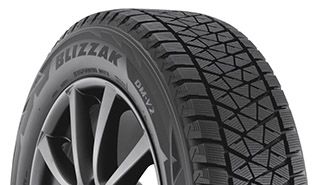
Blizzak DM-V2
Navigate through snow and ice in your SUV, CUV, or truck
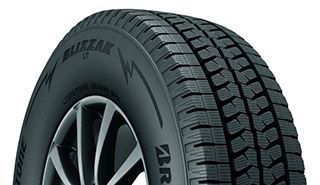
Blizzak LT
Built for blizzards and winters worst in a commerical light truck or van
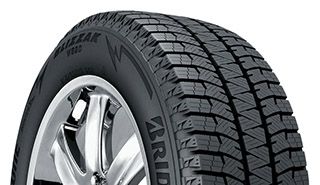
Blizzak WS90
Confident control in winter conditions
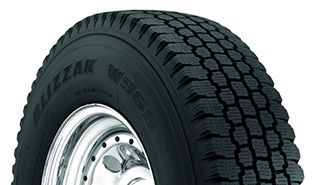
Blizzak W965
Keep your commercial truck or van in commission all winter
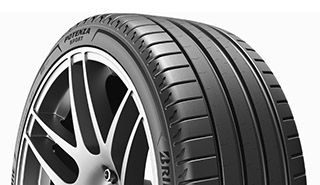
Potenza SPORT
Take control of the track
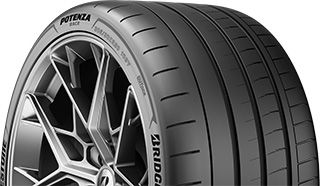
Potenza Race
Raising the bar on pole position performance.
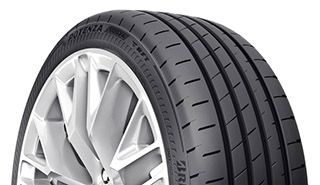
Potenza S007A RFT
Take your sports car for a spin
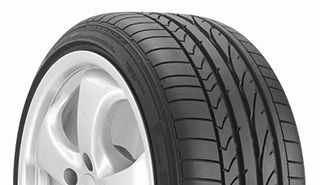
Potenza RE050A
Sleek, sporty, and cornering performance

Dueler H/P SPORT
Next level summer performance for your Sport Truck or SUV
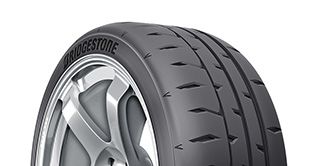
Potenza RE-71RS
Chase your competitive spirit

Alenza AS ULTRA
For those looking for a luxury tire experience

Turanza QuietTrack
80,000 miles of quiet, comfort and control*

Dueler H/L Alenza Plus
Keep your life on a roll

WeatherPeak
Confident all-weather protection

Ecopia H/L 422 PLUS
All-season tires that won't stop until they get you there

Ecopia EP422 Plus
Drive more and fill up your tank less*

Alenza A/S 02

DriveGuard PLUS
Extended mobility PLUS improved performance through the elements

Dueler H/L ALENZA
Built for your truck, SUV, or CUV

Dueler A/T ASCENT
Reaching new heights in luxury comfort and all-terrain prowess.

Dueler H/T 684 II
Tires that take you on a thrill ride

Dueler A/T REVO 3
Take on the intensity of on and off road driving

Turanza EV
Tire performance tailor-made for your electric vehicle

Potenza RE980AS PLUS
High performance driving all year long

Potenza SPORT AS
High-performance exhilaration that doesn't wait on the forecast.

Dueler H/T 685
Ready for heavy-duty hauls

Dueler H/P SPORT AS
Handle it all in your high performance CUV or SUV

Potenza SPORT
Take control of the track

Potenza Race
Raising the bar on pole position performance.

Blizzak LM005
Impressive grip and control

Potenza S007A RFT
Take your sports car for a spin

Potenza RE050A
Sleek, sporty, and cornering performance

Dueler H/P SPORT
Next level summer performance for your Sport Truck or SUV

Potenza RE-71RS
Chase your competitive spirit

Blizzak LM001
For winters worst

Blizzak LM-32
Luxury takes on winter

Duravis R238
Ready for the long haul

Blizzak DM-V2
Navigate through snow and ice in your SUV, CUV, or truck

Duravis M700 HD
Built to keep you and your workload going

Blizzak LT
Built for blizzards and winters worst in a commerical light truck or van

Duravis R500 HD
Built for the demands of commercial highway driving

Blizzak WS90
Confident control in winter conditions

Blizzak W965
Keep your commercial truck or van in commission all winter
WHAT DOES A TPMS WARNING LIGHT MEAN?
Do you know what to do when the low tire pressure TPMS symbol illuminates? The first thing to do is manually check your tire pressures with a gauge and add air until the pressures reach the vehicle manufacturer specification. (You’ll find the correct pressure on the driver’s door jamb or in the owner’s manual, not on the sidewall of the tire- that’s the tire’s maximum pressure.) Keep in mind, your TPMS does not replace routine tire pressure maintenance. It’s a tool that can help alert you when pressure is low, but a tire may drop below proper inflation long before the TPMS warning light comes on. The TPMS light comes on when the tire pressure gets too low or too high.
TPMS LIGHT ILLUMINATES WHILE DRIVING
When the TPMS light comes on – and stays on – at least one of your tires is at a low pressure level. Check the pressure of all of the tires with a gauge and determine the cause of pressure loss and add air or service the tire(s) as appropriate.
TPMS LIGHT GOES ON AND OFF
When tire pressure(s) are near the level that triggers an alert, fluctuating temperatures may be causing your TPMS light to turn on and off. This typically occurs when pressure decreases over night due to a drop in ambient temperature that causes the light to turn on; the light may turn off when pressure increases during the day due to rising ambient temperature and/or heat generated from the driving the vehicle. Use a gauge to check the pressure of all of the tires and add air to any tire that is low
TPMS LIGHT FLASHES AND THEN STAYS ON
If the light flashes for approximately 60 to 90 seconds every time you start your car and then remains illuminated, this means the TPMS isn’t functioning properly and you should take it to an automotive service center for an inspection. Until repaired, the TPMS is out of order and is not able to warn you of low tire pressure. Check the air pressure of all of the tires with a gauge and add air to the tires that need it.
DOES A TPMS REPLACE REGULAR TIRE PRESSURE CHECKS?
No! Understanding what a TPMS warning light means and what to do when it lights up is an important part of a driver’s responsibility. But it shouldn’t be a replacement for regular tire pressure checks. Why? Depending on the situation, the TPMS may have limitations such as:
• The TPMS warning light may be set to illuminate below the tire pressure needed to carry the load in the vehicle.
• The sensor(s) may not be accurately transmitting tire pressure data to the on-board computer.
• The system may not be able to accurately determine if a tire is too low if other tires are losing pressure at the same rate.
Therefore, even with TPMS, you should check tire pressure once a month, and before a long trip or when carrying extra load.



